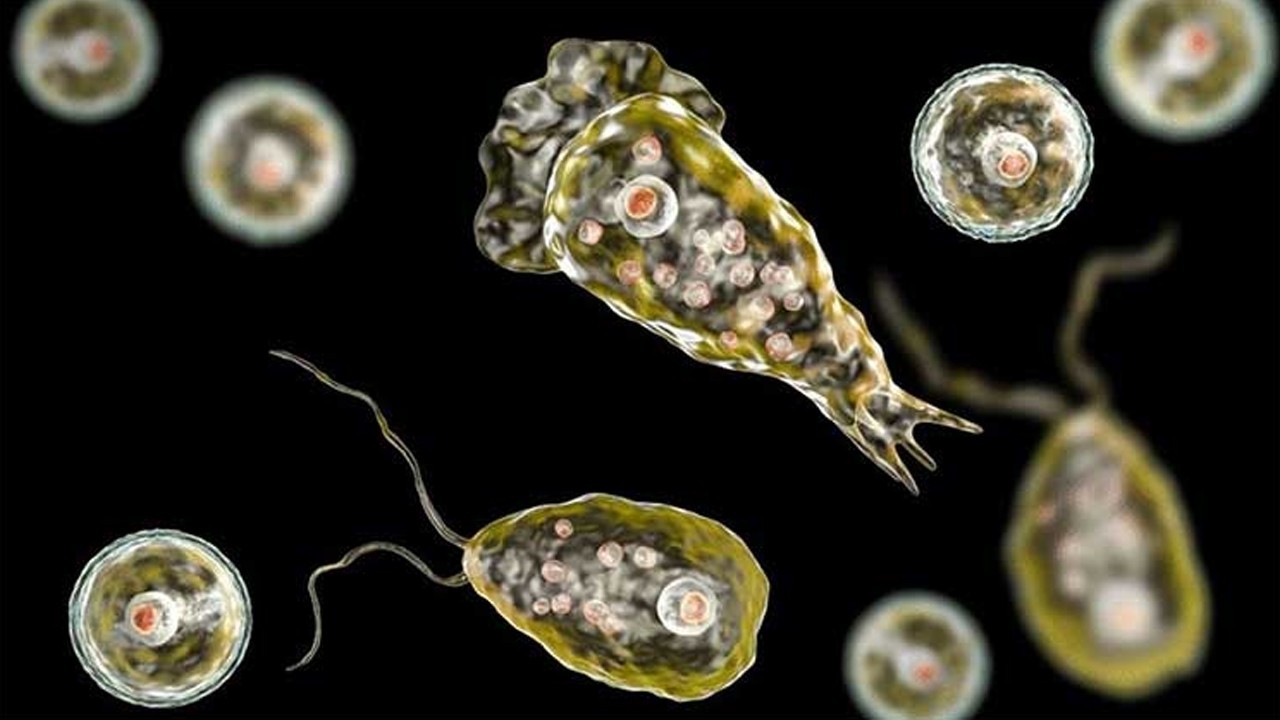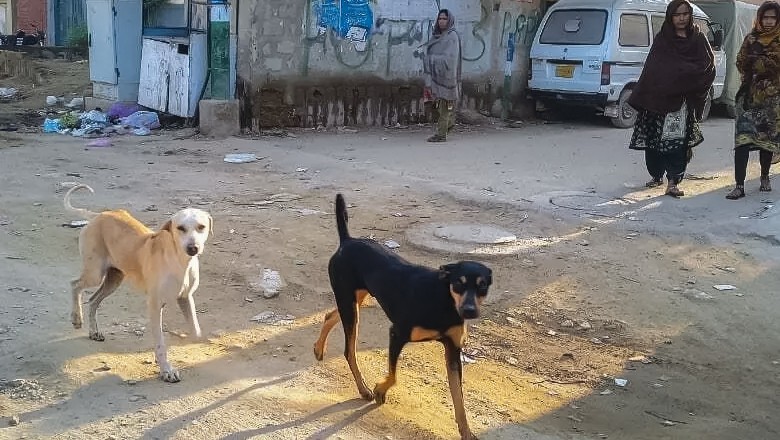Karachi man dies from brain-eating amoeba; second Naegleria death in Pakistan this year

Web Desk
|
4 Jun 2025
A 23-year-old man died in Karachi after contracting Naegleria fowleri, a rare but deadly brain-eating amoeba, the Sindh Health Department confirmed on Wednesday.
This marks the second fatality caused by the organism in Pakistan this year.
Naegleria fowleri is a microscopic amoeba with a mortality rate exceeding 98 percent. It infects individuals when contaminated water enters the nasal passages, typically during activities such as swimming or ablution. It does not spread through person-to-person contact.
The victim, a resident of Orangi Town, began experiencing symptoms on May 28 and was admitted to hospital on May 30. He died on June 3, two days after laboratory tests confirmed the presence of Naegleria fowleri.
“Investigations revealed that the patient had not engaged in any recreational water activities,” said a statement from the Sindh Health Department. “His only exposure to water was through regular domestic use and performing ablution at a local mosque.”
Symptoms of Naegleria fowleri infection include intense headache, fever, nausea, vomiting, light sensitivity, and altered sense of smell or taste. The disease typically progresses rapidly, often resulting in death within a week.
The first Naegleria fatality in 2025 occurred in March, when a 36-year-old woman, also from Karachi, succumbed to the infection.
Pakistan has seen a steady increase in Naegleria cases in recent years, with over 100 deaths recorded since the first confirmed case in 2008. In 2024 alone, five people died due to the amoeba.
A 2021 report by the Sindh Health Department found that 95 percent of water samples tested in Karachi were unsafe for consumption, raising serious concerns over the city’s water sanitation and public health infrastructure. Experts believe poor water quality is a key factor in the recurring presence of the deadly pathogen.












Comments
0 comment